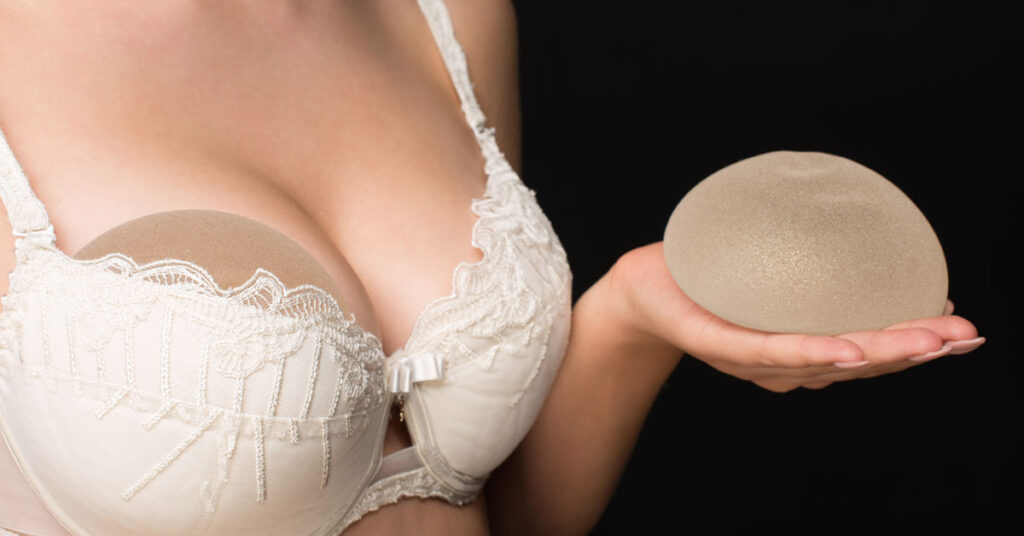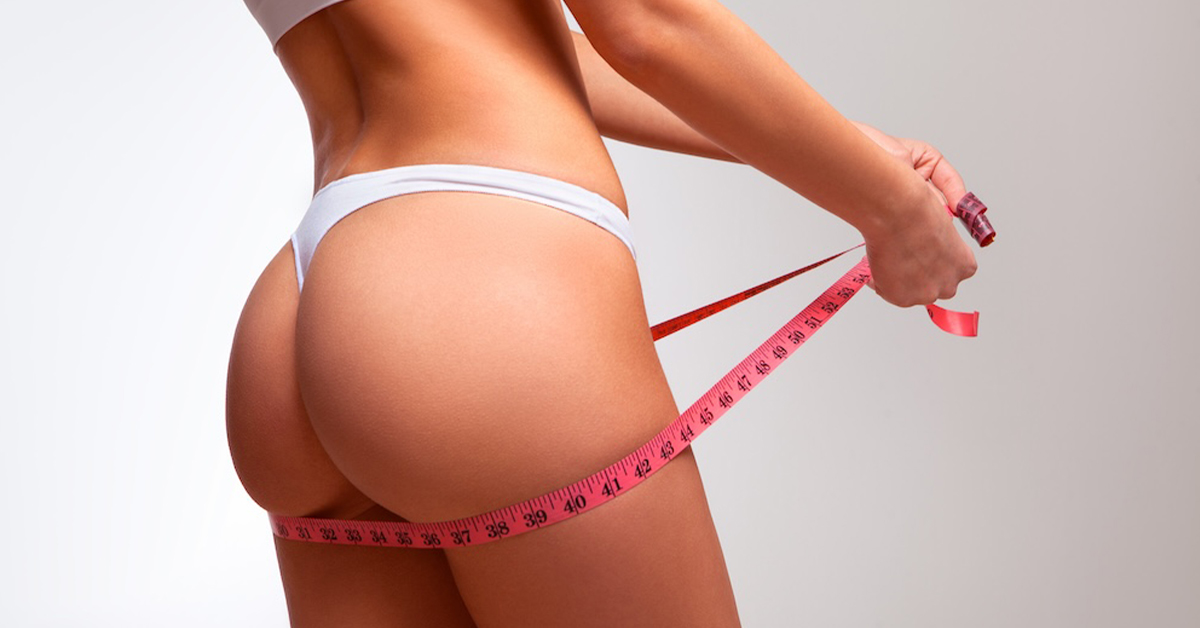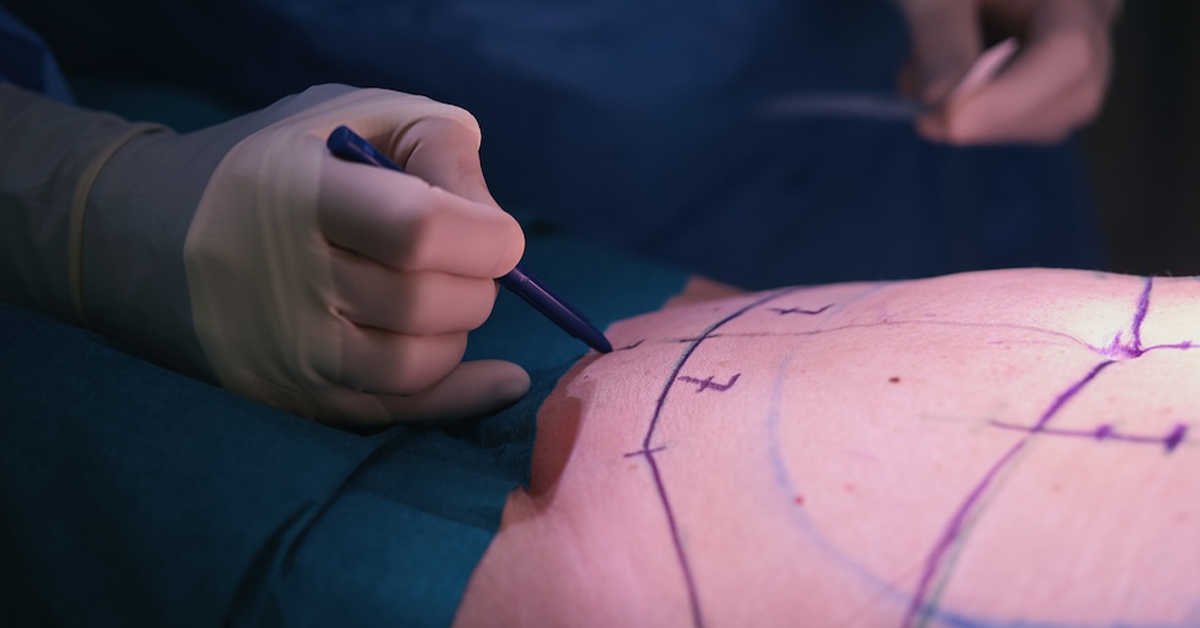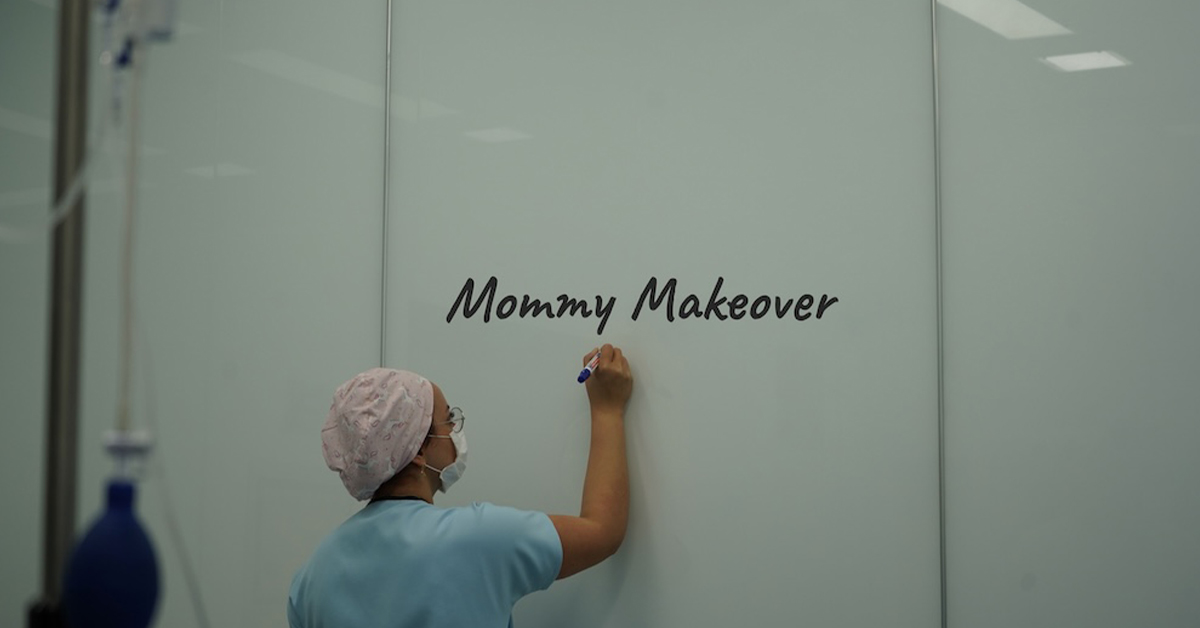What are the Chances of Getting Capsular Contracture Again?
Capsular contracture is a common complication following breast augmentation, with incidence rates ranging from 2.8% to 20.4%. However, if a patient has already experienced capsular contracture, the risk of recurrence after surgical treatment is significant, approaching 25% in the first year.
Capsular contracture is a complex condition with a multifactorial etiology, and several risk factors have been identified. These include biofilm formation, surgical site infections, a history of prior capsular contracture or fibrosis, radiation therapy, and immune response to the foreign material.
Other factors such as hematoma formation, the type of implant used, surgical incision site, individual susceptibility, and propensity for hypertrophic scarring also play a role. The severity of capsular contracture can vary, and in some cases, it may require revision surgery.
Preventive approaches include proper prophylactic antibiotics, minimal-touch handling of the implant, and strict respect for sterility. Regular massage is also suggested as an effective way to prevent capsular contracture.
However, it’s important to note that even with these preventive measures, there is still a risk of recurrence. Therefore, patients who have experienced capsular contracture should be aware of this risk when considering further breast augmentation procedures.
Exploring Capsular Contracture
Comprehend the recurrence of capsular contracture, it’s essential to first understand what it is. Capsular contracture develops when the fibrous capsule, which the body naturally forms around a breast implant as part of the healing process, becomes excessively thick and begins to contract.
This contraction can lead to pain, hardness, and distortion of the breast shape, significantly affecting a patient’s comfort and the appearance of their implants.
Factors Influencing Capsular Contracture Recurrence
Several factors contribute to the risk of capsular contracture recurrence. These include the surgical techniques employed during the initial and subsequent implant surgeries, the type and texture of the implant used, and the patient’s individual healing process.
It’s crucial to understand how each of these elements can increase or decrease the likelihood of experiencing this condition again.
Statistical Analysis of Capsular Contracture Recurrence
Reviewing clinical studies provides valuable insights into the probability of recurrence. Studies have shown varying recurrence rates, which are influenced by factors like the type of surgery, the implant used, and individual patient characteristics.
Understanding these statistics helps in setting realistic expectations and making informed decisions about breast implant surgery.
Personal Risk Factors for Capsular Contracture
Genetic predisposition and the individual’s immune response play a significant role in the development and recurrence of capsular contracture.
Additionally, lifestyle choices such as smoking or certain medications can influence the risk. It’s important for patients to be aware of these personal risk factors and discuss them with their surgeon.
Impact of Initial Capsular Contracture on Recurrence
The severity and treatment of the first occurrence of capsular contracture can impact the likelihood of its recurrence. Understanding the healing and recovery patterns from the initial episode can provide insights into future risks and aid in developing a more effective management strategy.
Preventive Measures to Reduce Recurrence Risks
There are several preventive measures that can be taken to reduce the risk of capsular contracture recurrence. These include following surgical best practices, adhering to post-operative care guidelines, and proper implant maintenance.
It’s vital for patients to be well-informed about these preventive strategies.
Role of the Surgeon in Minimizing Recurrence
The expertise and experience of the surgeon play a crucial role in minimizing the risk of capsular contracture recurrence.
Effective surgeon-patient communication is also key to ensuring a successful outcome and should be a priority for anyone considering breast implant surgery.
Innovations in Breast Implant Technology
Recent advancements in breast implant technology, including new materials and designs, have been aimed at reducing the risk of capsular contracture.
Understanding these innovations can guide patients in choosing the most suitable implants for their needs.
The Psychological Impact of Recurrent Capsular Contracture
The emotional and mental health implications of dealing with recurrent capsular contracture are significant. This condition not only affects physical appearance but also can lead to emotional distress.
It’s important to address these psychological impacts, emphasizing the importance of support systems and coping strategies for those undergoing this challenging experience.
Conclusion
Capsular contracture, a frequent complication post-breast augmentation, exhibits a considerable recurrence risk, particularly for those with previous incidents. With recurrence rates as high as 25% within the first year post-treatment, it highlights the criticality of informed decision-making and understanding of individual risk factors, including genetic predisposition and lifestyle influences.
The surgeon’s role in employing effective surgical techniques and choosing appropriate implants is vital, alongside the evolving advancements in breast implant technology.
Moreover, the psychological impact on patients, affecting their emotional well-being, necessitates a comprehensive approach that integrates medical, technological, and psychological support to effectively manage and mitigate the risks and implications of capsular contracture.
Frequently Asked Questions
Factors like surgical technique, implant type, personal health, and lifestyle choices can all influence the risk.
Yes, maintaining a healthy diet and lifestyle can aid in the body’s healing process and potentially reduce the risk.
Recent advancements in implant technology and surgical methods offer promising options for reducing recurrence risk.
The expertise and experience of the surgeon are critical in minimizing the risk of recurrence.
Consult your surgeon immediately for an evaluation and discuss potential treatment options.
Breast Augmentation in Miami, FL
To initiate your Breast Augmentation journey in Miami, it’s essential to schedule a consultation with our team. If you’re interested in learning more about the procedure, call us now at (305) 406-9055 or conveniently schedule a consultation online. Our experienced professionals will guide you through the process and address any concerns you may have.








